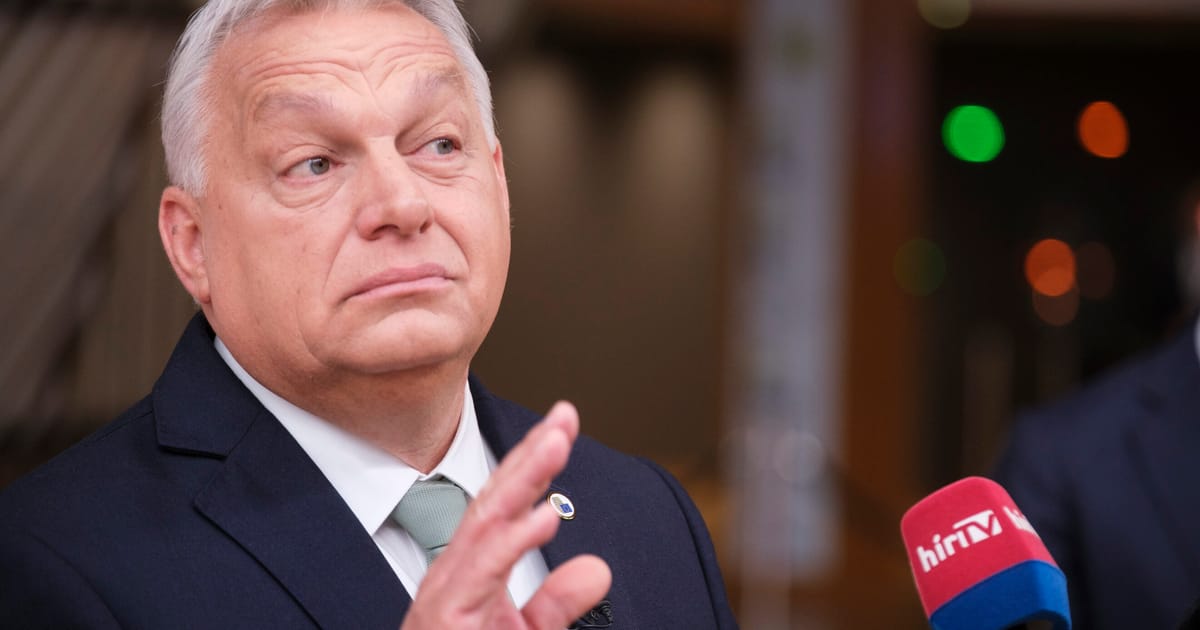But Costa’s plan is proving controversial. While Orbán is the EU leader closest to President Vladimir Putin and most hostile to Ukraine, other leaders have very different motives to join his side — mainly to defend their veto power.
The plan faces pushback from several EU countries, including France, the Netherlands and Greece, and is unlikely to get wide approval in Denmark, according to three EU diplomats and a French presidency official who spoke to POLITICO on condition of anonymity to discuss sensitive deliberations.
The concern among these countries is that by changing the accession rules, they would also be limiting their own ability to block membership bids they see as problematic, the same people said. That opens up a host of rivalries that Orbán can play upon: It’s important to the Greeks, for example, to show they can hold up talks on Turkey’s membership, just as Bulgarians want to be able to draw the line on North Macedonia, and Croats to block Serbia.
Costa’s suggestion would open a path forward not just for Ukraine — whose bid has been held up for months due to Orbán’s veto — but also for Moldova, as the two countries’ candidacies are linked.
According to a senior EU official, Costa’s proposal will be on the table in Copenhagen on Wednesday, along with another proposal to use frozen Russian assets to help Ukraine. “No leader to this day replied with a total ‘no’ to this idea,” the senior official said, referring to Costa’s rule-change proposal.
Finnish President Alexander Stubb told POLITICO that he backed any attempt to speed up the process. “Any decision-making mechanism which gives more flexibility and less possibility to block I personally welcome, and never more so than with Ukraine,” he said.
But the camp opposing Costa and Stubb may prove too strong. And if the price of preserving the rules is that Ukraine and Moldova may have to wait months, if not years, to see their bids move forward, it’s one that these countries are willing to pay.
